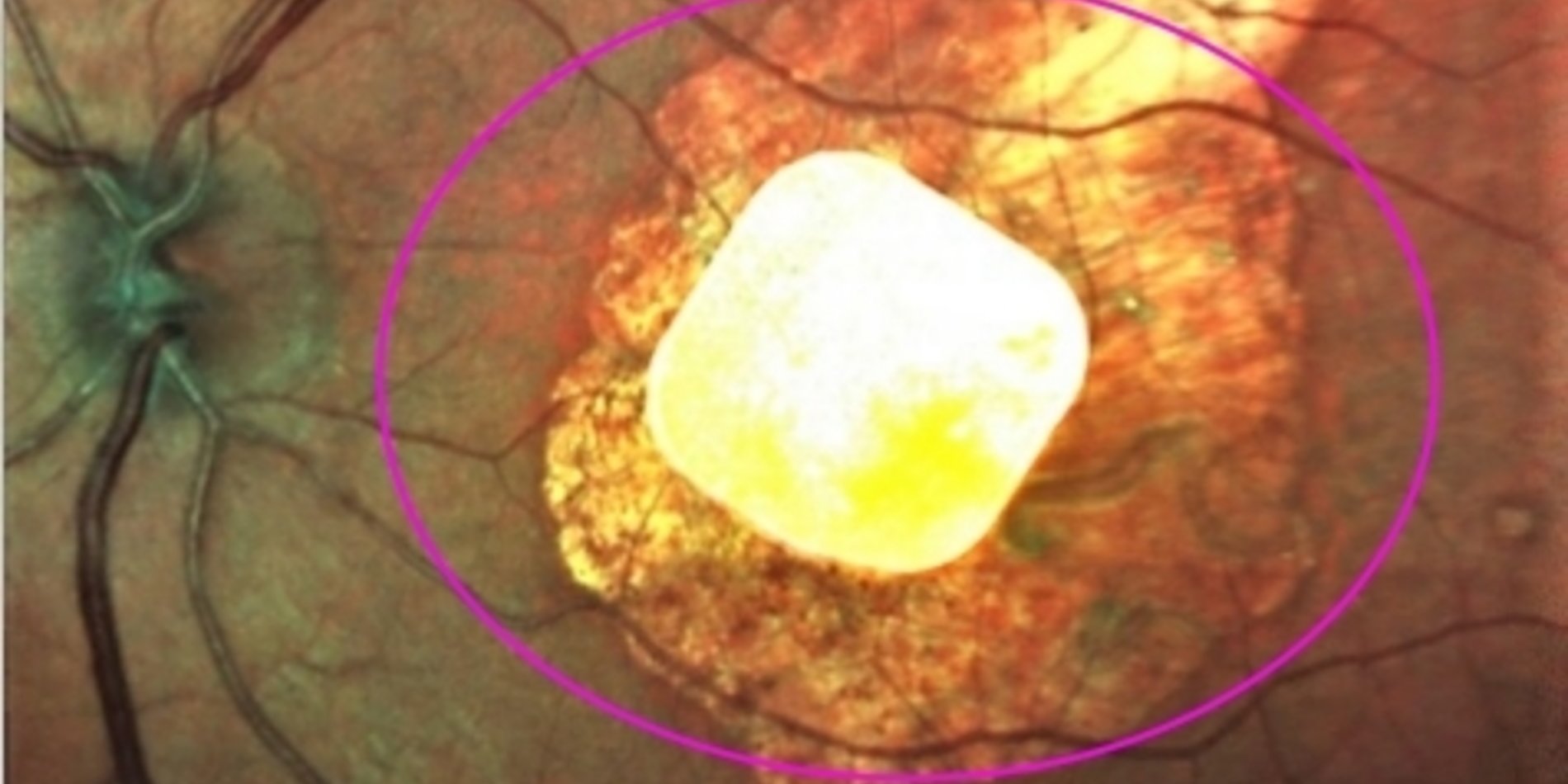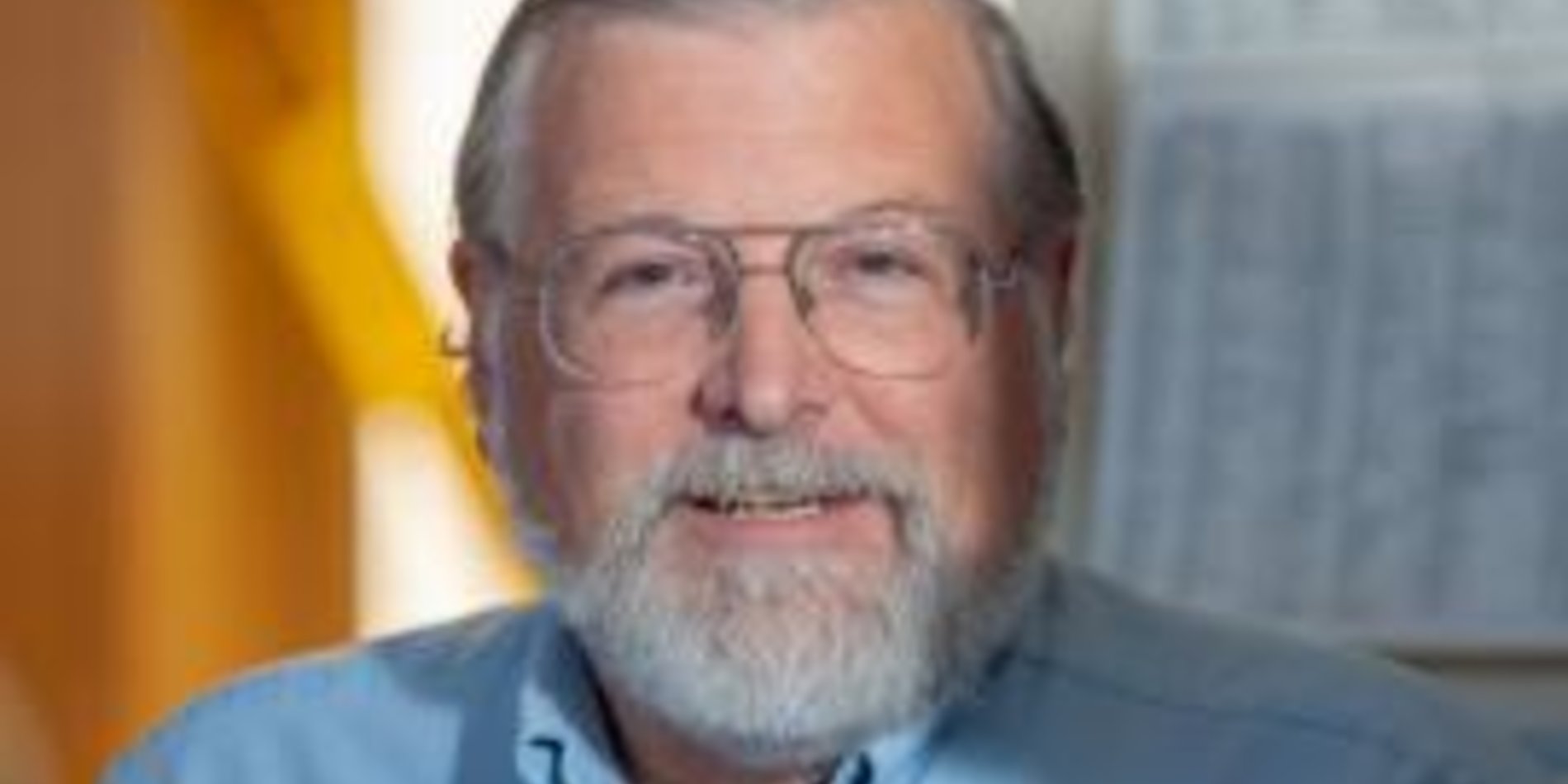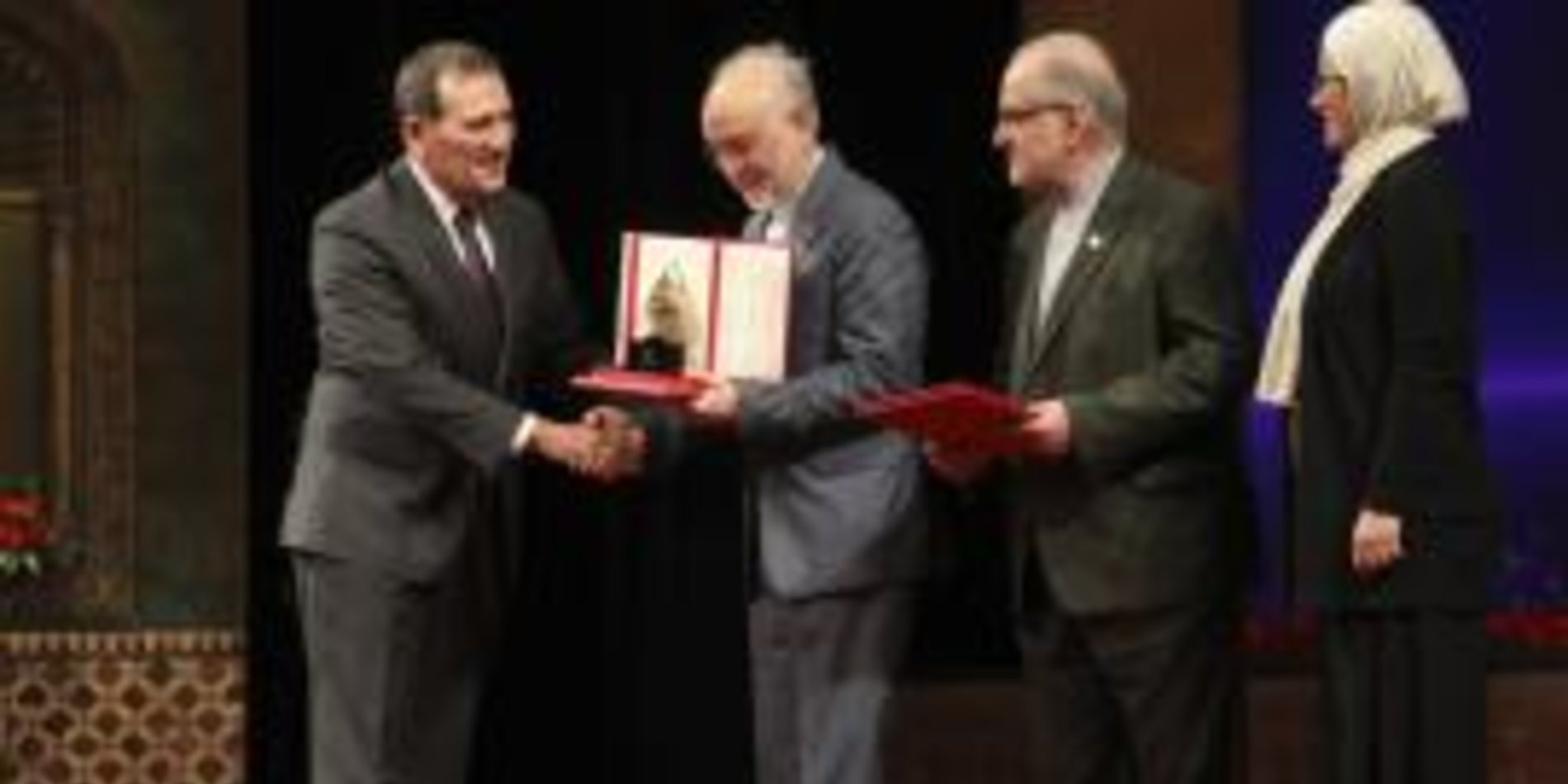Stanford engineer Bradford Parkinson, the ‘Father of GPS,’ wins prestigious Marconi Prize

The Marconi Prize is awarded each year to recognize major advances in the communications field that benefit humanity.
This year's Marconi award ceremony will occur in Palo Alto, in conjunction with the Stanford Center for Position, Navigation and Time annual symposium in November.
It is difficult to imagine that 50 years ago, practically no one wanted to fund the development of a Global Positioning System (GPS). Not only were governments uninterested in funding such a project, they didn’t consider it useful.
Today, Bradford Parkinson, the Edward C. Wells Professor in the School of Engineering, Emeritus, at Stanford, has been awarded the Marconi Prize for his role in guiding the development of GPS from an orphaned project to a technology that is deeply seeded in nearly every aspect of modern life. The $100,000 Marconi Prize, given annually, recognizes major advances in the communications field that benefit humanity.
t all started in late 1972, when Parkinson, then a colonel in the Air Force, was tasked with reviving a foundering USAF program called 621B, which called for creating a global navigation system using satellites. He was initially reluctant to take on the task, given its ugly duckling reputation. Although he soon ran into the same budget issues and infighting within the Department of Defense that had stonewalled his predecessors, Parkinson quickly realized the project’s potential. And he has the pen-and-paper sketches of GPS-guided driving systems to prove it.
“I was certainly a zealot for GPS in any sense of the word,” Parkinson said. “And zealots are not easily discouraged.”
Indeed, he and his team of talented engineers pushed and pushed, drawing up new system plans and making impassioned pitches to military and government officials until finally, in December 1973, they got the green light.
The novel plan called for a network of satellites, each broadcasting the same signal frequency and outfitted with incredibly precise atomic clocks that provide the heartbeat of the system. A receiver on the ground can pick up these signals, the location of the satellite and the exact time that the signal was broadcast – this is where the atomic clocks are essential – to determine its location on Earth with incredible precision.
Funding secured, the first GPS satellite was launched 44 months later – lightning speed in the satellite business. The signal was open to both military and civilian users, a decision Parkinson fought for vigorously, and to which he attributes the current ubiquity of the technology. Today there are 30 Global Positioning satellites robing the planet, providing timing and location data that guides automated agricultural equipment, helps land planes, tracks your running routes and plots the shortest driving route home from work.
After retiring from military service as an Air Force colonel in 1984, Parkinson joined the faculty at Stanford and inspired a new generation of GPS scientists to develop hundreds of system enhancements and applications. While he describes his time here as a student (PhD ’66) as an intellectual delight, coming back as a member of the faculty was “even better.”
“It wasn’t just my colleagues in Aero/Astro who were very skilled, but the young men and women I taught were the absolute cream of the universities of the United States. The best and the brightest,” he said. “I’m still amazed at the things we accomplished. It was just awesome.”
Parkinson and his allied faculty and students developed the concept and first demonstration of the Federal Aviation Administration’s now-operational GPS integrity system, called WAAS, and, with his students, demonstrated the first GPS auto-guided farm tractor, now an $800 million worldwide GPS farming business. In 1992 they demonstrated the first completely blind landing of a commercial airline.
“What was unique back then about Stanford was that department boundaries were really fuzzy. A lot of our work involved professors and students from everywhere around campus,” Parkinson said. “And, frankly, that’s the real world. It was a truly collegial place to be, and I loved every minute.”
Despite those prescient sketches of GPS guidance systems in cars, Parkinson said he is still amazed at all the applications people have developed based on the technology. He does regret, however, that the prevalence of the technology has eroded people’s map-reading skills.
“It grieves me that we’ve lost some of our situational awareness,” he joked, echoing language from his military background. “When I am sailing, I continuously cross-check the GPS. I trust it, but I make sure to verify.”
Parkinson is the latest Stanford-affiliated scientist to win the Marconi Prize, given each year to recognize significant advancements in communication technologies. Past winners with Stanford ties include Martin Hellman, John Cioffi, Arogyaswami Paulraj, Ron Rivest, Sergey Brin and Larry Page.
For More Information
Stanford Center for Position, Navigation and Time website
Stanford Profiles — Professor Bradford Parkinson
Bradford Parkinson's Role in Managing the Stanford/NASA Gravity Probe B Mission


